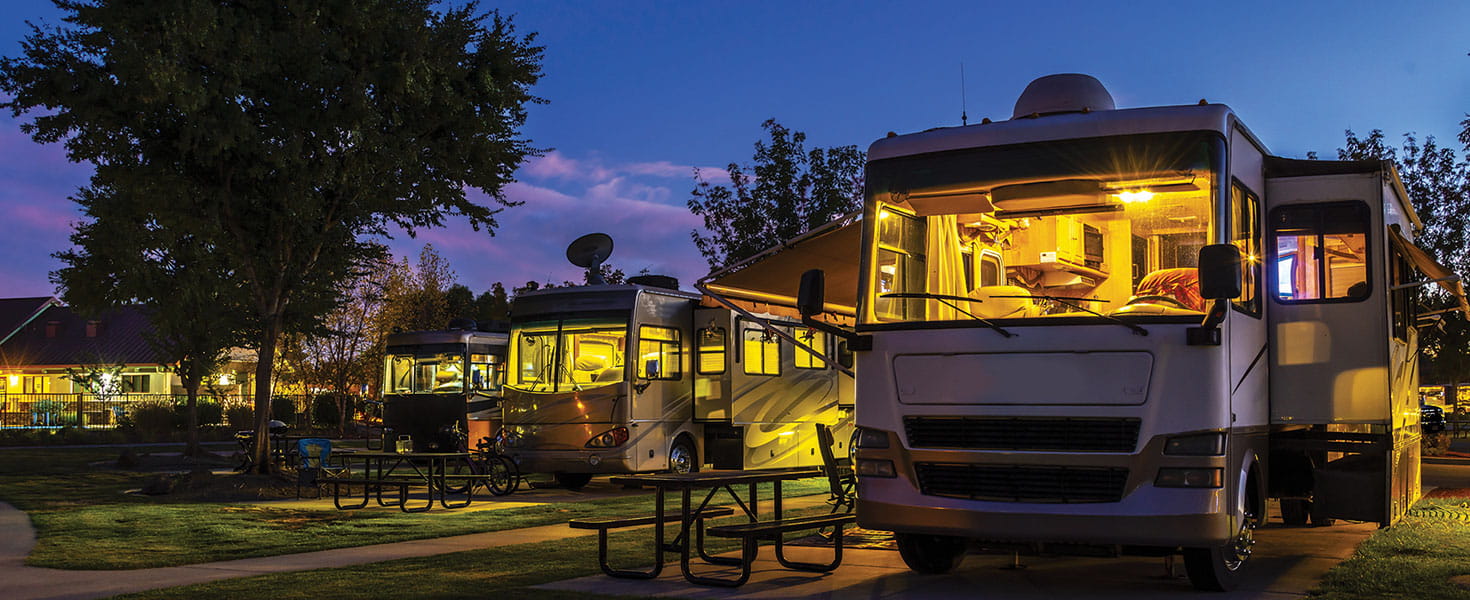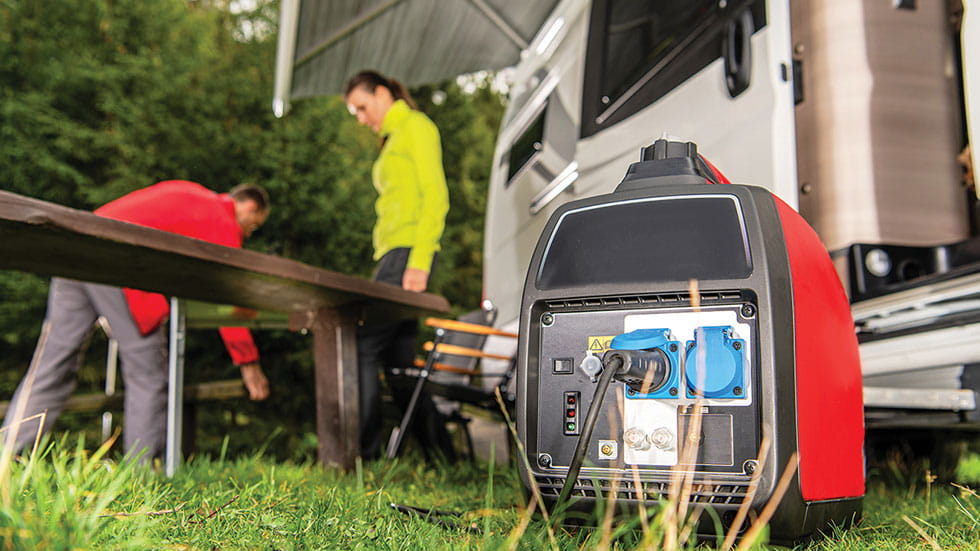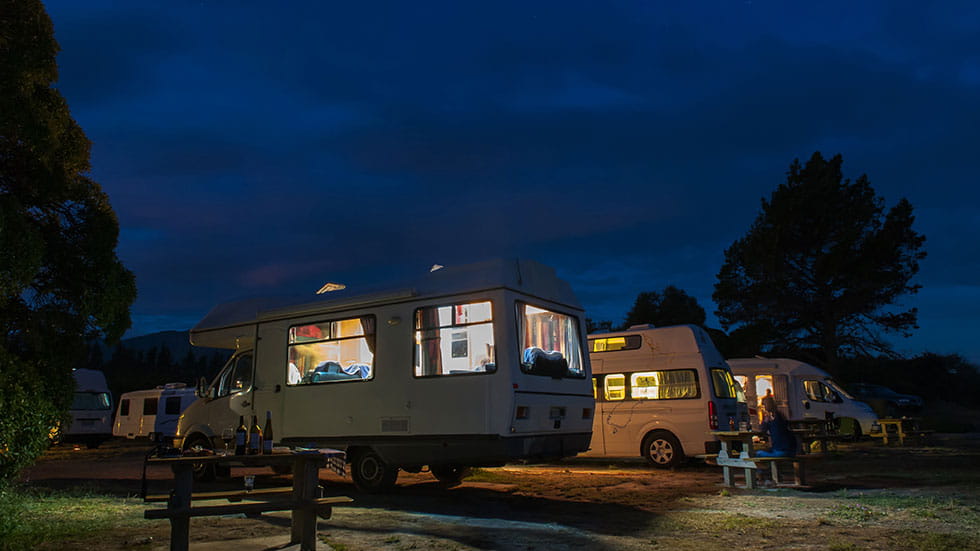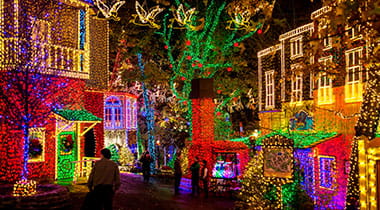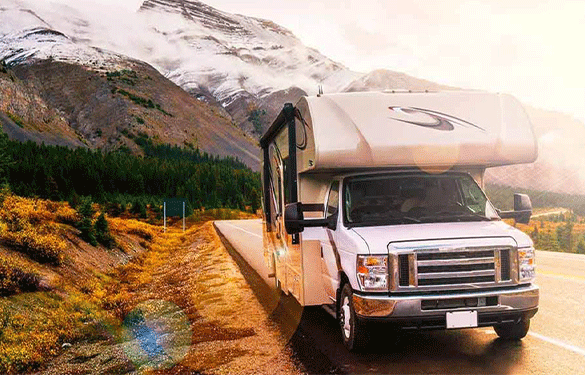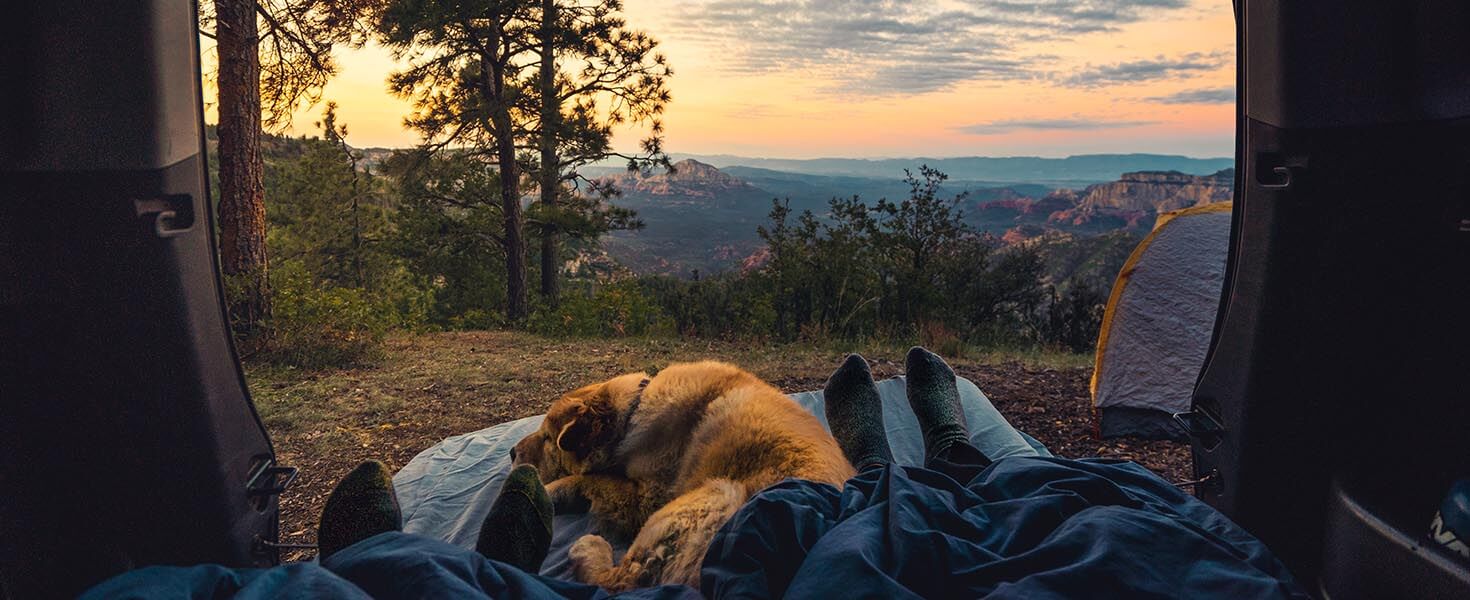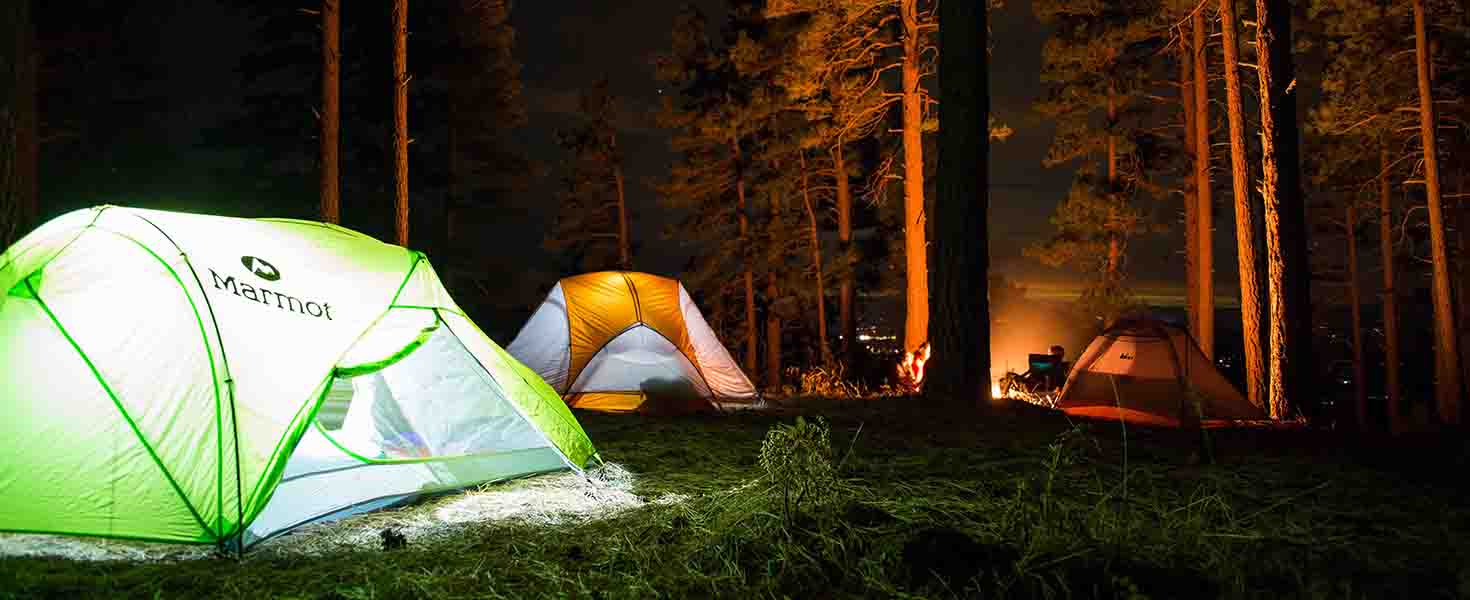Let’s go out on a limb here: Chances are that you bought (or rented) your RV to enjoy some—or maybe all—of the comforts of home when you’re on the road. Heading out into the wilds of this great land of ours without air conditioning, a microwave and a flat-screen TV? Now that’s roughing it.
Of course, you’re going to need juice to make use of all these must-have camping conveniences. Here’s how to power up that RV.
FIRST THINGS FIRST
You’re going to need a source of electricity. If you own your motor home or travel trailer and plan to spend time “off the grid” outside developed campgrounds, rooftop solar panels may be a good investment. Keep in mind that it takes two to four solar panels and a lot of onboard battery capacity to run power-hungry luxuries such as AC and a microwave, but it can be done.
Alternatively, some motor homes can be fitted with a generator (trailers, not so much). This arrangement enables you to have power wherever you stop, whether it’s for a roadside picnic or boondocking in a shopping center parking lot overnight.
Your last—and probably easiest option—is to take advantage of the electrical hookups available at most RV parks and campgrounds. Most of these are either 30-amp hookups (for most travel trailers and small motor homes) or 50-amp (for fifth-wheels and large Class A bus-style motor homes). Each has its own distinctive plug style, so it’s impossible to use the wrong outlet. While most commercial campgrounds offer both, it’s smart to know up front which type your RV requires (someone likely will ask when assigning you a campsite).
MORE POWER TO YOU
When it comes time to plug your rig in, always turn off the circuit breaker located on the campsite’s power pedestal first. Then insert your vehicle’s plug and turn the breakers back on.
If you own the rig, it’s wise to spring for a heavy-duty RV surge protector that plugs into the RV park’s power source. Electrical surges and other wiring problems (a surprisingly common occurrence) can do significant damage to your rig’s more sensitive electronics.
Finally, if you are building out your own RV’s electrical kit, don’t forget about those literal odds and ends. Think adapters that can allow you to plug, say, a 30-amp trailer into a 110-volt outlet if that’s all that‘s available when you’re driveway camping at the homes of friends or family.








